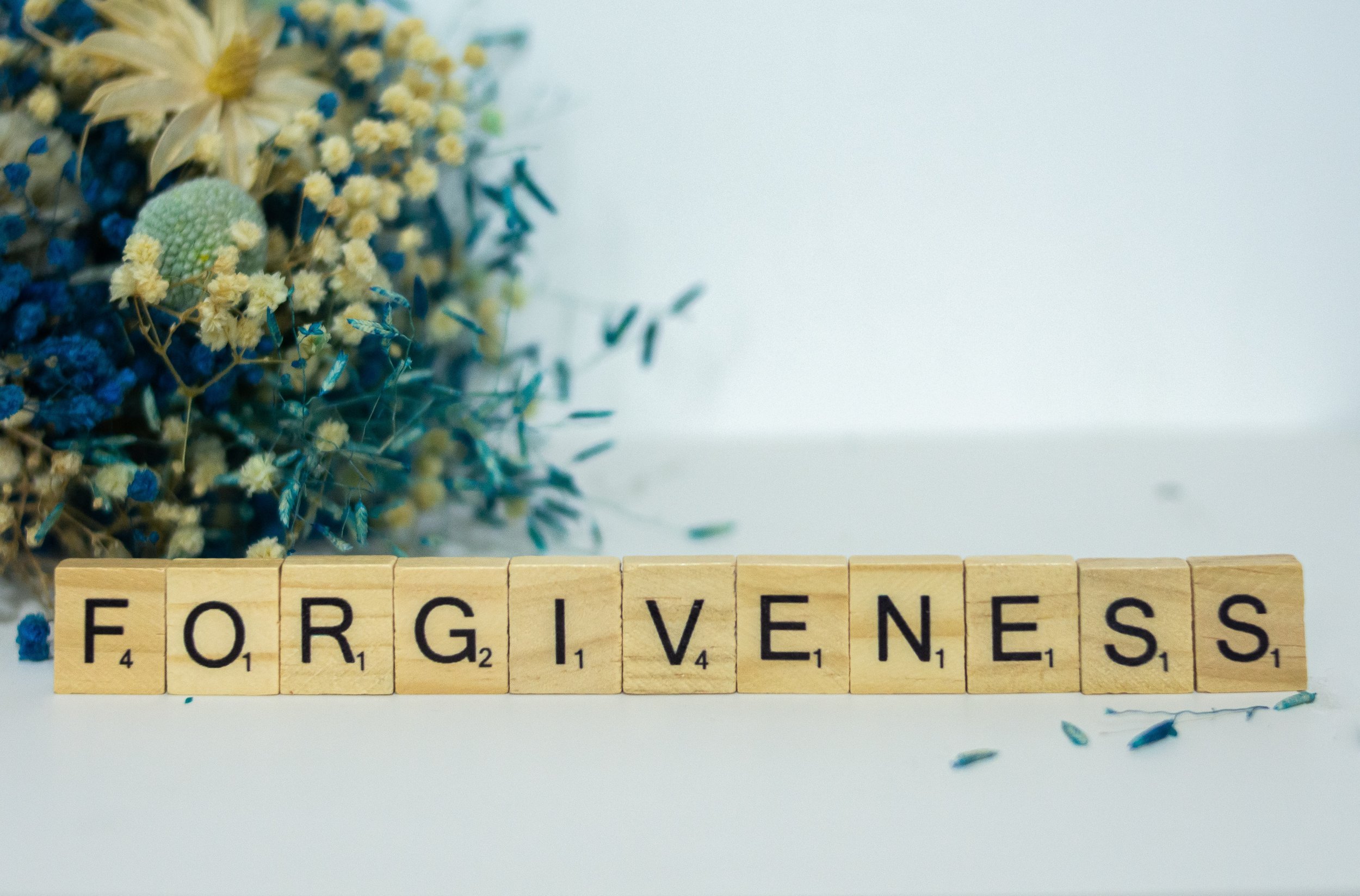Why You Need to Forgive and Stop Being so Hard on Yourself
Forgiveness is the act of letting go of feelings of anger, resentment, and desire for retribution towards wrongdoing. It can be incredibly difficult to do, but forgiving both yourself and others is therapeutic and necessary.
While it can at times be easier to forgive others for mistakes they’ve made, many people find it very difficult to forgive themselves. There are some notable reasons that make self-forgiveness difficult and make people punish and shame themselves over relatively minor mistakes where they may easily offer grace to others who made similar errors.
Topping the list is the feeling of guilt and shame over “ugly” thoughts and sentiments, and especially when those turn into action. This is when in thought or behavior, you have failed to meet the expectation that you have set for yourself, about the standards you believe are appropriate. For example, you can feel guilty for wishing people harm or being envious of them. You may feel shame for the way that you acted towards your family or friends during active addiction..or just during a bad day. Forgiving yourself for harboring such thoughts or committing these actions can be difficult because it requires becoming more conscious of the feelings driving your behaviors.
If you are naturally prone to rumination, you may get stuck dwelling on negative feelings, believing that you are serving the deserved sentence for your crime. Moving forward involves acknowledging that your obsession over the wrongdoing is causing more pain, and admitting that you need to change. However, self-forgiveness becomes all the more challenging when you believe that you deserve entrapment in the prison of your own mind.
There are several actions you can take to start the process towards forgiving yourself:
Accept responsibility for your actions. When you take responsibility and accept that you have engaged in actions that hurt others, you have an opportunity to do something different in the future, and learn a bit more about who you don’t want to be moving forward. Feelings of guilt can be adaptive in this way.
Allow yourself to feel remorse without dwelling on it. Remorse allows you to think of the consequences, feel empathy, which serves as the foundation for taking action in new ways to improve yourself.
Make amends for your actions. In order to move past your guilt, you must take action to rectify those mistakes. Where you need to apologize, do so. Find ways to seek amends, although recognize that others may not be entirely ready to accept your apologies.
Avoid justifying or rationalizing what happened. Stop making excuses and accept your role in whatever happened so that you can move on from that situation.
Seek understanding. Look for the deeper motivations for behaving the way you did and the reactions you had. Understanding your less-conscious motivations can help you decide why forgiving yourself is important and learn how to avoid such behaviors in the future.
Recognize the difference between guilt and shame. It is okay to feel guilty and remorseful about something you did because it contains a lesson to be learned about yourself. However, your mistakes have nothing to do with your worth or undermine your intrinsic value. Remember, you may have done something bad, but you are not yourself “bad”. Toxic shame is when you begin to believe “I am bad.”
Focus on the future. Seek out positive actions and ways to spend your time that will help you move forward. You have to find a way to learn from the experience and grow as a person
Self-forgiveness is not about ignoring a problem or just putting the past behind you and moving on. It is about acknowledging what happened and having compassion for yourself for who you were and what you knew at that moment. There is nothing weak about forgiving yourself or not “serving the sentence” that you had once condemned yourself to. The beauty of life opens up to you once you realize that you are not perfect. Give yourself room to make mistakes and learn from them.
What is one small thing that comes to mind that you can forgive yourself for at this moment? If it was committed against another person, can you find the strength to seek amends? Look at yourself with fresh eyes, and see if you can understand yourself from a different perspective.


